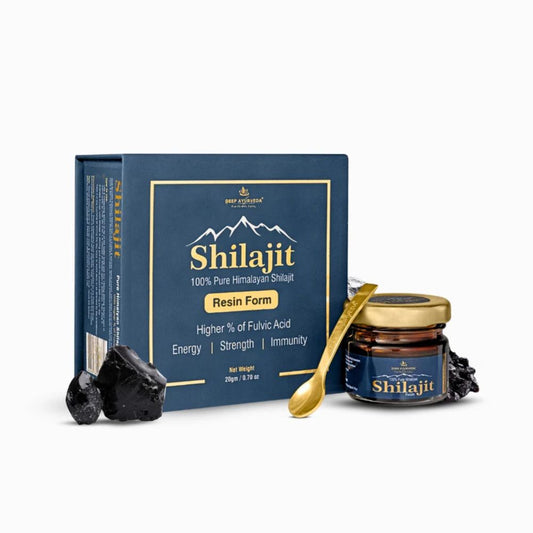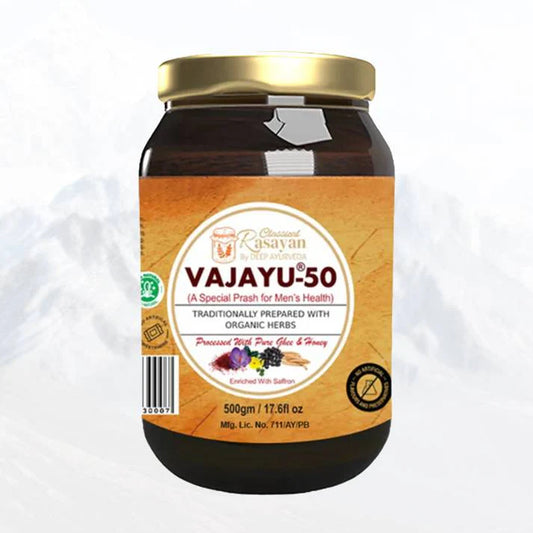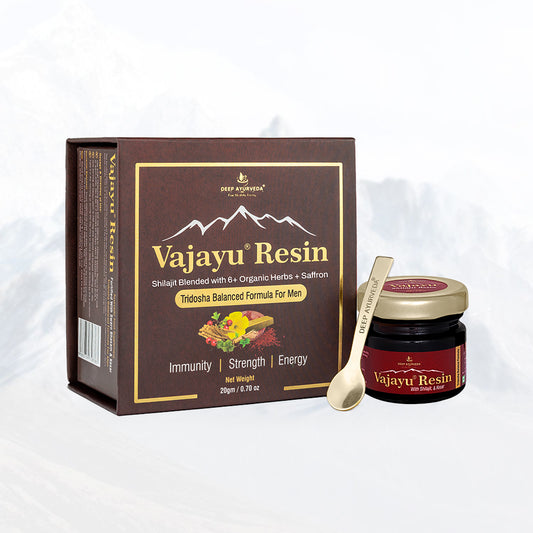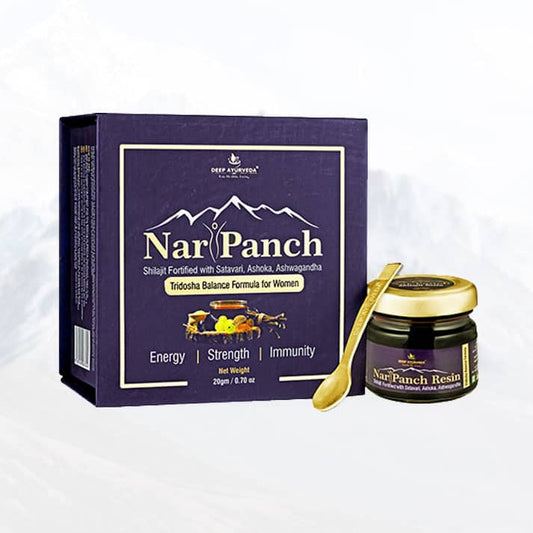Psoriasis is a chronic (long-term) inflammatory skin disease linked to an overactive immune system. Under normal conditions, skin cells grow and shed in about a month. However, in psoriasis, this cycle speeds up dramatically, with new skin cells forming in just 3–4 days. These cells accumulate on the skin’s surface, causing thick, scaly patches that may be itchy, painful, or inflamed. Commonly affected areas include the elbows, knees, scalp, and lower back.
While psoriasis is primarily driven by immune dysfunction and genetic factors, dietary choices can play a significant role in managing flare-ups. Certain foods can worsen inflammation and trigger symptoms. Identifying and avoiding these food triggers is a key step in holistic psoriasis care. In this blog, we’ll explore foods to avoid with psoriasis and provide practical tips to support healthier skin from the inside out.
Foods to Avoid with Psoriasis
1. Alcohol
Alcohol consumption can worsen psoriasis in several ways:
-
Disrupts gut flora
-
Overburdens the liver
-
Triggers systemic inflammation
-
Reduces the effectiveness of psoriasis medications
Ayurvedic perspective: Alcohol increases ama (toxins) in the body, hindering natural healing processes. Avoiding alcohol can help maintain gut health and support liver function.
2. Red Meat
Red meat is rich in arachidonic acid, a fatty acid known to promote inflammation and contribute to psoriasis lesions.
Healthier alternatives: Replace red meat with plant-based proteins, lentils, and lean meats like fish (if tolerated). Ayurveda generally discourages non-vegetarian food during flare-ups.
3. Processed and Junk Food
Processed foods include any food altered from its natural state. This category includes:
-
Packaged snacks
-
Fast food
-
Sugary cereals
-
Refined oils
Why avoid them? These foods are pro-inflammatory and contribute to obesity, diabetes, and heart disease—conditions linked to psoriasis severity.
4. Caffeine
Caffeine in high doses (over 4 cups a day) can overstimulate the nervous system and worsen psoriasis symptoms in some individuals.
Recommendation: Monitor your caffeine intake and consider herbal alternatives like chamomile or licorice root tea for their soothing properties.
5. Nightshade Vegetables
Nightshades include:
-
Tomatoes
-
Potatoes
-
Eggplants
-
Peppers
These vegetables contain solanine, a compound that can trigger inflammation and worsen autoimmune responses in sensitive individuals.
Tip: Try an elimination diet—remove nightshades for a few weeks and observe how your skin responds.
6. Citrus Fruits
Citrus fruits like oranges, lemons, limes, and grapefruits are common allergens.
Why avoid them? For some people, citrus fruits can cause allergic reactions that worsen psoriasis flares. Track your response by trying a citrus-free diet for a short period.
7. Dairy Products
Dairy contains arachidonic acid and casein, both of which are linked to inflammation.
-
Cow’s milk
-
Cheese
-
Butter
-
Cream
-
Ice cream
-
Eggs (also worth avoiding for similar compounds)
Suggestion: Replace dairy with plant-based alternatives like almond milk, coconut yogurt, or oat milk.
8. Condiments and Sauces
Common condiments to avoid include:
-
Ketchup
-
Mayonnaise
-
Vinegar-based sauces
-
Hot sauce
Why avoid them? These are often high in sugar, salt, artificial preservatives, and additives that may increase inflammation.
General Lifestyle & Skin Care Tips for Psoriasis
-
Moisturize regularly: Prevents dryness and irritation.
-
Avoid hot showers: Use lukewarm water and gentle cleansers.
-
Identify personal triggers: Maintain a food and flare-up diary.
-
Do not scratch: This worsens scales and may cause skin infections.
-
Get sun exposure: Sunlight helps, but always use sunscreen.
-
Manage stress: Practice yoga, meditation, and other mind-relaxing techniques.
The Ayurvedic Insight on Psoriasis and Diet
In Ayurveda, skin diseases like psoriasis stem from internal imbalances, primarily related to vikruti (imbalance in doshas) and poor digestion (agni). A clean, balanced diet (satvik ahara) plays a crucial role in healing.
Key Ayurvedic dietary principles:
-
Eat freshly prepared, seasonal food
-
Avoid incompatible food combinations (viruddha ahara)
-
Incorporate bitter and astringent tastes to cleanse the system
-
Drink warm water to aid digestion
-
Include Ayurvedic herbs like neem, turmeric, and giloy for detoxification
Final Thoughts
Managing psoriasis is a multifaceted journey—what you eat is just as important as what you apply to your skin. While there’s no universal diet for everyone with psoriasis, eliminating common trigger foods can significantly improve your skin’s condition and overall well-being. Focus on an anti-inflammatory, balanced, and Ayurvedic diet, and always consult a healthcare provider or Ayurvedic expert before making significant dietary changes.
Healing starts from within—choose wisely, eat mindfully, and give your skin the care it deserves.







